|
The goal of life is to make your heartbeat match the beat of the universe, to match your nature with Nature. – Joseph Campbell Placing ourselves in the environments around us can be a spiritual practice that nurtures our own spiritual growth and development. This weeks focus is using nature to assist in our spiritual development. Spiritual practices are all about opening our hearts to find the Spirit and listening to what is going on in that moment. Sometimes it quiets our mind, other times it helps us become aware of the answers we have for the million questions in our life. Nature has a profound way of opening us up to find our deep spiritual roots. The lessons we can learn are countless if we just pay attention to the environment around us. This motivational speech about nature is a great way to start off our focus. Attuning To Nature In all things of nature there is something of the marvelous. – Aristotle Dr. Roger Gottlieb, who is internationally known as an analyst of religious environmentalism, used to give his students an intriguing assignment every semester. He required they choose one tree on campus, visit it three to four times a week, and keep a record about the tree. He didn't care what you wrote it, you just had to do it. What he found was after a few weeks the thoughts of his students toward the tree would develop. The students would notice differences to the tree causing them to wonder why changes were occurring and if it had to do with the environment. Sometimes the trees would even be given names. Dr. Gottlieb associates this change to humans having the ability to connect and attune with sacred energies that are around an within us by using our imaginations. You can check out Dr. Gottlieb talking about the spiritual practice of nature by clicking here. Using nature as a spiritual practice shifts are mind to understanding there is a sacredness in creation. The same spirit in me is also in the environment around me. Suddenly the leaves become so much more than just a leaf. The changing seasons give way to a deeper understanding of preparation. Giving our attention and focus to nature helps us attune ourselves to our spiritual nature. Ways To Use Nature As A Spiritual Practice Nature is the art of God. – Dante Alighieri How do we use nature to enhance our spiritually and meet with God? In what ways can I connect with the beauty of the environment? Here are a few ways to get you started. 1. Create Time Alone In Nature - It's great talking with others but sometimes we just need to be alone in nature. The silence we receive by taking just a short time can be centering. Listen to your internal thoughts, quiet them, and find the spirit around you. Focus on your senses to notice what you hear, smell and see? How has that part of nature been transformed? What questions do you have about it? 2. Connect With Nature - Pick out a tree or other natural object you find amazing. What is it about it that you like? Is there a view from a spot that really makes you think about life? Experience swimming in water, the grass under your feet, or the smell of evergreens. Really take the time to feel it and be thankful for it. Allow gratitude for this environment to lead your heart and open you to a deeper connection. Find God in the midst of where you are. 3. Find Your Place - It can be really helpful to find a place where you can go in nature to call your own. Your thinking spot, or place in which you can connect with what's around you. Attune yourself with the environment, notice the changes, and identify what speaks to you. 4. Bring Nature Indoors - Decorate your living area with plants and flowers to make the space come alive. Sometimes just a little greenery in a space can enhance the vibes and relax the room. 5. Try A New Outdoor Activity - Sometimes we struggle to go outdoors. But trying and learning new activities may be just the thing. The more we are outside the more opportunities we have to connect with the beauty around us. 6. Experience It With Others - If you can't stand being alone take someone with you. Enjoy the outdoors and use it to invite others to join you. Take the time to build relationships with others while using nature. For additional insights of how to use nature you can also check out Community of Christ's Spiritual Practice: Nature Gazing and Praising. In whatever way you decide to be in nature please just get out there and try it. See with new eyes, be thankful for what is there, and reflect on how it makes you feel afterwards. Remember the divine is present with you! Being in nature may be just the thing for you. Thank you for taking care of nature!
This week get up and go outside! Thank the divine for something you notice.
0 Comments
On our way out to Colorado a few weeks ago for vacation we looked for a Community of Christ and found one up ahead in the town of Seibert, Colorado with a population of 181. We debated on whether to go or not since we were on vacation but decided to stop anyways. We felt taking the time to go to church teaches our boys two things. 1. Our faith extends to all parts of our lives no matter when or where we are. 2. Our faith family is much bigger than just the Community of Christ we attend in Topeka. We turned into the parking, and were immediately greeted by people getting out of their car inviting us to come in. Our boys were shown to the craft area to get what they needed for the service and multiple people welcomed us. While taking our seats in the sanctuary my boys started making a raucous noise pointing at the wall. It was covered with Disney posters and animals scenes immediately making this place "awesome" in their minds. The decor was up from their recent Vacation Bible School where they hosted 26 kids. The welcomeness, cozy environment, and openness of the people made us feel right at home. This congregation was doing what it could to welcome whoever came and to bring about Christ's peace in their community. We were glad we stopped in and met such wonderful people. Faith and spirituality extend to all parts of our lives. It doesn’t have to be to a church building or a specific time of the week. Most times than not our faith is grown during those times we are in community with others. Sitting at a table eating, visiting, sharing in a mutual task. Let’s look further at how to move our spirituality into all aspects of our lives. What is Church? Most people know that people are the church however we tend to forget this. We become so occupied with programs and activities that we miss the message that church is really about being present with one another and improving our community. It’s not a building but communal times in which we can share with one another experiencing Christ’s love. Our experience in Seibert, was special because the people genuinely welcomed and shared with us. There are some of us that have had horrific experiences at church before or witnessed churches so preoccupied with themselves they miss the point of Christ's mission. However there is hope. There are many places willing to listen, care, and put the needs of others first. When we come to know and experience others in an open sharing environment we acknowledge their humanness and also their unique abilities. For us to get there we need to get out of our own way by changing how and what we see as church. The video below talks about this shift in our thinking so we can become more intentional about our faith. Ways To Incorporate Spirituality What ways can I incorporate spirituality in my life? Spirituality can be numerous things depending on the person. I have created a short list of 6 potential ones to consider. 1. Find A Daily Spiritual Practice - Spiritual practices form us as individuals and deepens our connection with God. This may be exercising, meditating, or gardening, really whatever helps you. You can check out our previous spiritual practice posts here. 2. Seek Out Spiritual Mentors - Seek out someone you look up to, respect, or who can help you deepen your spirituality. Spiritual mentors are important because they listen and guide us into a deeper relationship with the divine. It moves us into a vulnerable relationship where we seek deeper meanings in our lives. 3. Find A Church Home - Church is a group of people focused on connecting people with God while also bringing about peace and justice in their community. Its intentionally focused on expanding our spiritual lives. Most other groups we find ourselves in may be very positive but which ones actually talk about our spiritual lives and what we believe? 4. Affirm Others - Affirming others helps us focus on the positive qualities of those we find ourselves around. Seeing people in their best light is a spiritual practice and one that uses our voice to bring about joy to others. 5. Volunteer - Find someplace that speaks to your passion and help out. Volunteering gets us out in the community assisting in some way. We are actively doing and living out our discipleship. 6. Love & Forgive Yourself - Our spirituality is connected to the internal thought processes we have about ourselves. How are we to connect to a God that loves us unconditionally if we cannot see our beauty or forgive ourselves fo what we have done? We must being to love ourselves and who we are despite the past decisions we have made, anger we shown, or what other people have thought. God sees you and God loves you for everything you are. We are all on a journey! Some may be quickening their strides while others are taking a hiatus. That's ok, its not a race! It's about finding ourselves and what we believe in the midst of our chaotic lives. Just remember walking our faith journey is best done with others. Working in community, loving others, and figuring out who we are and what we believe with a safe group of people. Thank you for everyone following along!
This week go to Seibert's Community of Christ Facebook page an like it! My in laws recently took a trip to Africa with Outreach International to learn about the culture and process Outreach has with people. Check out my earlier post “The Eyes of Love” talking about my experience with OI. At one village they got off of the bus to visit with their community leaders and see the progress they have made in community change. My mother in law vividly remembers stepping off of the bus and the real young kids immediately running in fear and crying. Now of course this is where I insert any mother in law joke that comes to mind. Joke - I am amazed that her reputation is not only known nationally but internationally. Joke - I am assuming they were taking my strategy of not speaking to my mother in law. It's been two years, we haven’t quarreled, I just don’t want to interrupt her. Joke - The kids had heard there were more vicious things than Lions they just hadn’t seen them until now. Ok that’s enough! In all reality I have a great mother in law that is very respectful of boundaries and I received her approval before posting any of these jokes. She said the kids ran because they had never seen this big a group of white people before. They were stricken with fear for something they had not experienced. As she thought about it, it became real to her that we fear what we do not know. Fear is a natural emotion we feel. It was in this moment she realized the importance of educating and teaching acceptance to overcome fear. Acceptance allows us to see and understand others instead of letting fear drive our actions and behaviors. Too much of what we see and get from media or others today is fear. Fear others are taking our jobs, creating unsafe situations, or not practicing the right beliefs. But we have to find ways to not follow the fear but go to the source to truly understand what is going on. So lets explore how acceptance impacts our spiritual journey's. Specifically lets look at what teaching acceptance is, a more in-depth look at why its important, and where God is in the midst of this. How to Teach Acceptance? Teaching acceptance is a process of eliminating fear from our lives slowly while embracing who others are. Culturally respecting others beliefs and perspectives is imperative for peace. Acceptance is not about coexisting but embracing others differences. Others' choices may not be our own but respecting who they are and the choices they make are vitally important for building community. So what are some ways to help us teach acceptance? Story Telling - Stories are essential ways for people to hear others perspectives. They bring emotional attachment to situations and problems creating more pull with people. Stories have a way of working into our heart strings and pulling them ever so gently. Dialogue - Talking with others allows multiple perspectives to be shared so there is common understanding of all potential concerns and problems present. There is almost always two sides of every problem. Let Go of Personal Stereotypes/ Judgments - We are not void of judgments as much as we try. But acknowledging our judgments and letting go of them creates an openness for others and ourselves to learn. Internal awareness of our own processes is some of the major work we can do. Exposure - When we find ourselves with negative thoughts or ideas in our head about a certain group of people its important that we go to the source. Direct exposure tends to be the best and most accurate knowledge. Spend time learning for yourself what the group is about and who they are. Culturally Diverse Books - Reading books about other cultures and by authors from different backgrounds can help us become more accepting. They are great way to educate us when we are too shy or timid about interacting with others. Check out our guest blog post "Diversity and Your Bookshelf" by William Ottens to read further about this. Golden Rule - This applies as we imagine ourselves when we use the words we use. This is all the time not just when someone is around us. Positive thoughts bring more positive thoughts. At the heart of personality is the need to feel a sense of being lovable without having to qualify for that acceptance. Paul Tournier Tolerance Is A Dirty Word? Some people believe tolerance is what needs to happen while others believe that is not enough. Where do you stand? Should we as society just be tolerant of others? Is tolerance a step toward acceptance? Or does acceptance need to happen for someone to be truly valued? I tend to think its not about just being tolerant of others but accepting others as able and capable of making their own decisions. This means seeing the positive qualities and characteristics we can out of individuals. Below is a TEDx video by Andrew Sayer which talks about Tolerance being a dirty word. I thought it was an interesting perspective and wanted to share it with you. Unity in Diversity Community of Christ has an enduring principle of Unity in Diversity. It’s a core belief that our differences make us better and that those differences are needed for us to be whole as a community. I find when I really try to live by this principle, I become less frustrated with others, more open for help, and more willing to learn. I think this enduring principle is also a goal. If we truly are to be one with each other we have to acknowledge and value the differences we find. This can be difficult but when we become more diverse we actually become more efficient and effective. As I have stated before more diverse work forces actually create better financial gains. Check out this article “Why Diversity Matters” for details. Another example is just looking at nature! The diversity in the habitats of the world create balance and support systems. Look up the root systems of aspens, the pollination of bees, or the running of salmon to see how we are all integral parts of one another. Others depend on us and our unique roles in this world. It’s about seeing the Christ in me and the Christ in you as parts of the whole. Without all of us in this together what’s the point? Without you alongside with me what really matters? Unity in diversity breathes the need for us to truly sit and be with one another. Bask in each other’s presence and love the person for who they are. So how do we live this as a community? Well how about we figure that out together. Thank you for all those who are enjoying our posts! We welcome any feedback you have.
This week ask another person what is something that has been hard for them to accept. Truly listen to their perspective no matter how different it is from yours. |
Please Note The views expressed here are those of the authors and do not necessarily represent or reflect the views of Community of Christ. We believe individuals should be allowed to have their own opinions and be at different places in their faith journey.
Categories
All
Archives
June 2021
|
|
Emporia Ministry
c/o Midlands Mission Center 7615 North Platte Purchase Drive Kansas City, Missouri 64118 Phone: (816) 221-4450 |
Copyright Midlands Mission Center 2024
|
International Headquarters
Community of Christ 1001 West Walnut Independence, Missouri 64050 Phone: (816) 833–1000 or (800) 825–2806 |
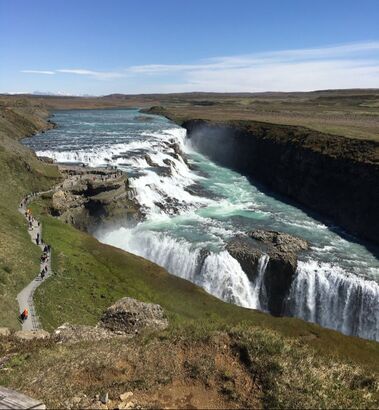
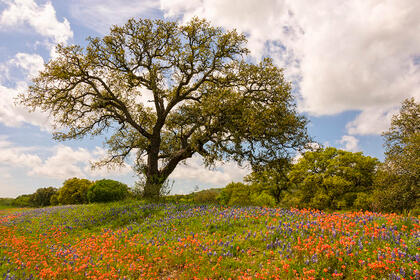
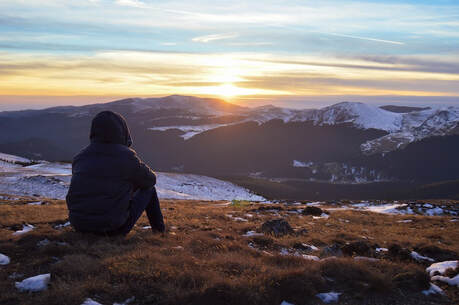
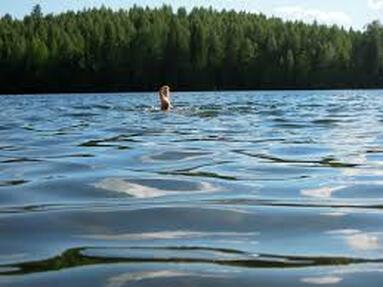



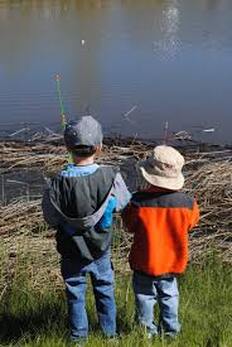
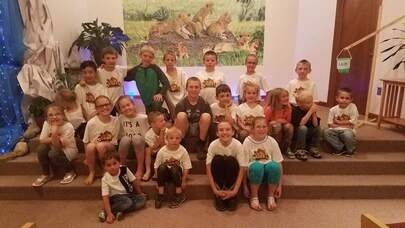
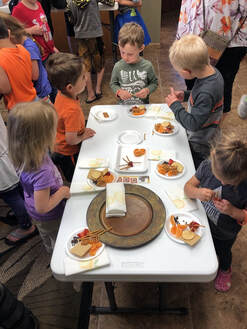
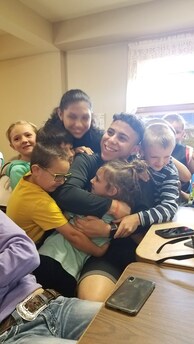
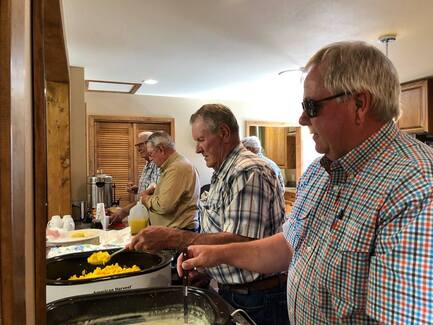



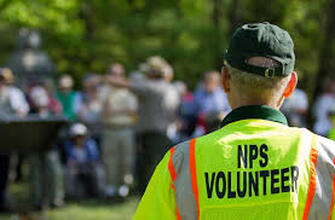


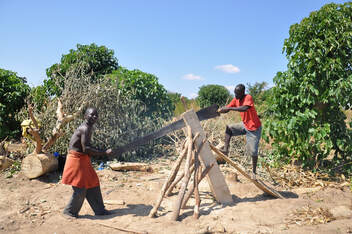
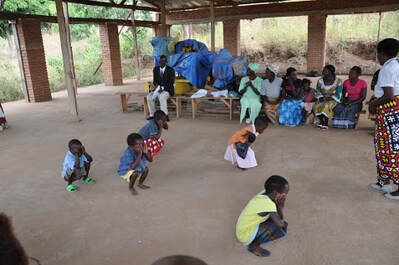

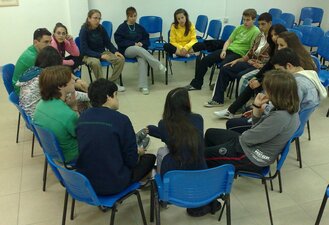
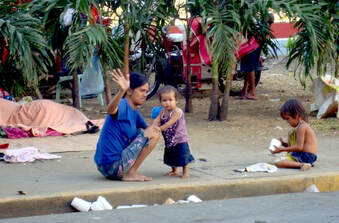
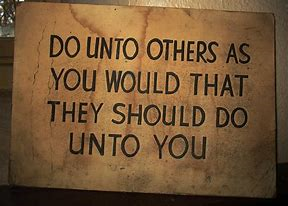

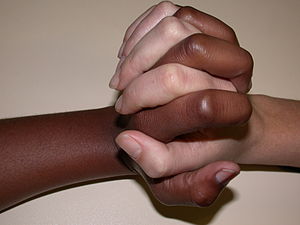


 RSS Feed
RSS Feed
